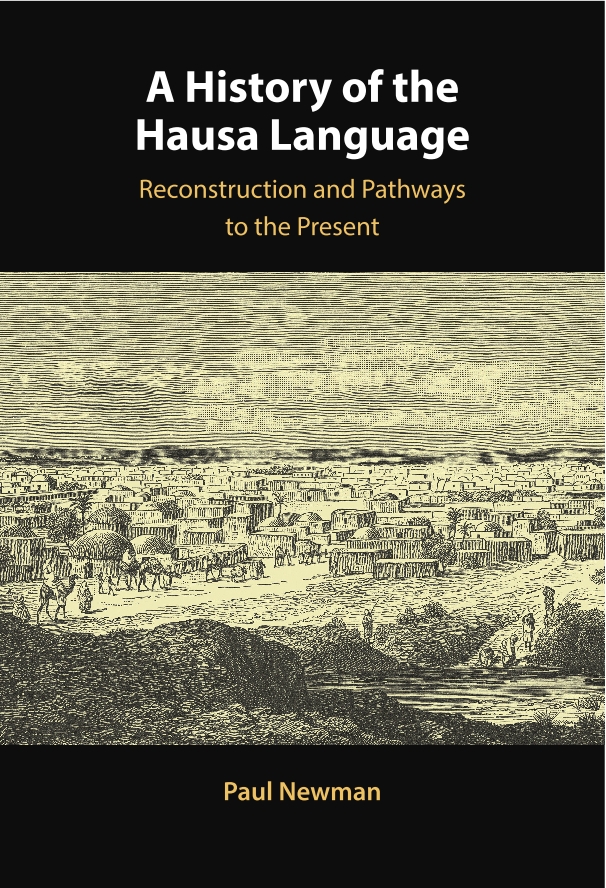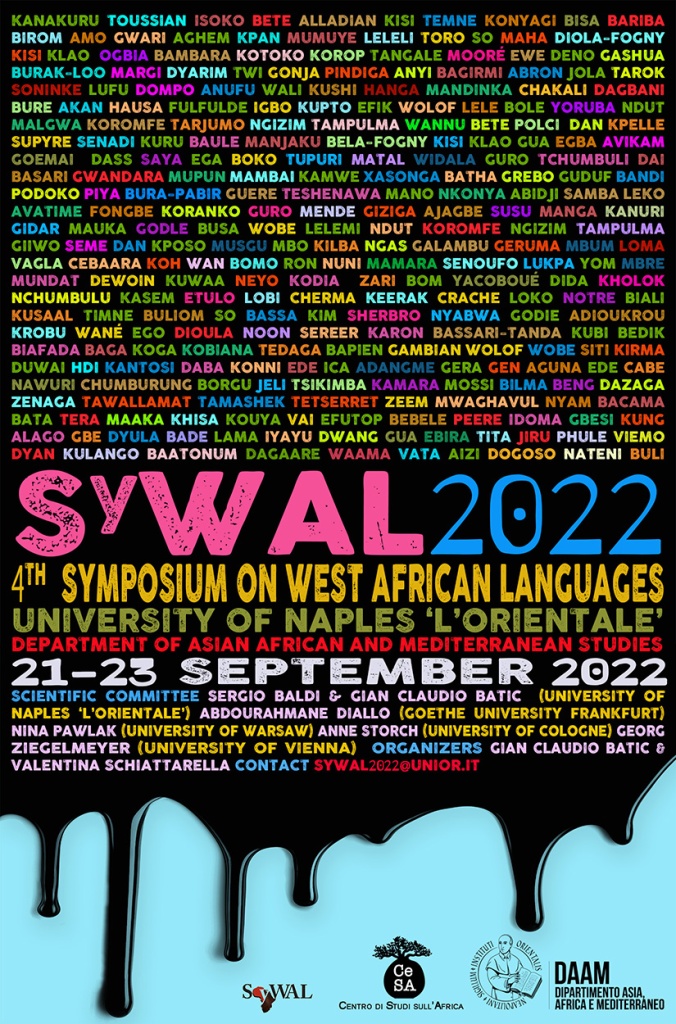The following invitation / call for papers has been distributed via a new BICCL Google group (biccl@googlegroups.com).
11th Biennial International Colloquium on the Chadic Languages (BICCL)
11-12 November 2022, at Universität Wien, Austria
CALL FOR PAPERS
(Version française ci-dessous)
Registration and abstract submission till: 30 June 2022
Notification of acceptance till: 31 July 2022
Dear colleagues,
after an intermission in 2021 due to the ‘Corona-Pandemic’ we will restart with the next BICCL meeting at the Department of African Studies (University of Vienna), 11-12 November 2022.
The colloquium will be held in presence; however, colleagues who cannot come to Vienna due to travel restriction can be given the opportunity to present their talk via video conferencing.
Note that you have to fulfil the valid entry regulations for Austria. Currently (27th December 2021) to enter Austria, the so called “2-G” rule (proof of vaccination/recovery) is in place. In addition, you need a negative PCR test or proof of booster jab.
We invite all Chadic scholars to hand in their papers covering the following topics:
– Descriptive linguistics of individual Chadic languages
– Comparative linguistics of Chadic languages
– Typology of Chadic languages
– Hausa linguistics
– The position of Chadic within Afroasiatic
– Contact between Chadic and non-Chadic languages
– Oral literature in Chadic languages
Abstracts should be written in English, French, or German, and not exceed 500 words (excluding references). Talks will be allocated 20 minutes for presentation with a 10 minute question and answer period. There will be a conference fee of 50€ (including conference dinner).
Registrations and abstracts are to be submitted electronically in pdf and word format to the following email address with subject “BICCL 2022”: georg.ziegelmeyer@univie.ac.at
Registration for the meeting should also contain the following information: name and affiliation; planned date of arrival (suggested Thursday, 10th November), and departure (suggested Sunday, 13th of November).
Details concerning participants, program, accommodation and organizational matters will be communicated in further circulars.
We are looking forward to see you!
The organizers (Yvonne Treis, Henning Schreiber, Georg Ziegelmeyer)
####################
11e Colloque International Bisannuel sur les Langues Tchadiques (BICCL 11)
11-12 novembre 2022
Universität Wien, Autriche
APPEL À COMMUNICATIONS
Date limite pour la soumission des résumés : 30 juin 2022
Envoi de la notification d’acceptation : 31 juillet 2022
Chères et chers collègues,
Après l’annulation du colloque en raison de la pandémie en 2021, nous prévoyons d’organiser le prochain rencontre BICCL au Département d’études africaines de l’université de Vienne les 11-12 novembre 2022.
Le colloque aura lieu en présentiel, mais les collègues qui ne peuvent pas venir à Vienne en raison de restrictions de voyage auront la possibilité de présenter à distance par visioconférence. Merci de prendre note des mesures sanitaires en vigueur sur le territoire autrichien. Actuellement (27 décembre 2021), la règle dite “2-G” est appliquée lors de l’entrée en Autriche : vous devez donc présenter une preuve de vaccination complète ou un certificat de rétablissement du Covid. De plus, vous êtes tenu de présenter un test PCR négatif ou une preuve de vaccination de rappel.
Nous invitons tous les chercheurs travaillant sur les langues tchadiques à soumettre leur résumé sur les sujets suivants :
– Description linguistique des différentes langues tchadiques
– Linguistique comparative/diachronique des langues tchadiques
– Typologie des langues tchadiques
– Linguistique haoussa
– Position de la branche tchadique au sein du phylum Afroasiatique
– Contact entre les langues tchadiques et non-tchadiques
– Littérature orale en langues tchadiques
Les résumés doivent être rédigés en anglais, français ou allemand et ne pas dépasser 500 mots (références exclues). Les intervenants disposeront de 20 minutes pour leur présentation et suivies de 10 minutes de questions et discussion.
Les résumés doivent être soumis en format pdf et word à l’adresse mail suivante georg.ziegelmeyer@univie.ac.at (merci de mettre « BICCL 2022 » dans le sujet).
Veuillez également nous envoyer les informations suivantes :
– nom, affiliation et adresse
– date d’arrivée prévue (idéalement le jeudi 10 novembre)
– date de départ prévue (suggérée le dimanche 13 novembre).
Les frais d’inscription sont de 50 € (y compris le dîner du colloque).
Tous les détails concernant les participants, le programme, l’hébergement et les questions d’organisation seront communiqués dans des circulaires ultérieures.
Nous nous réjouissons de vous accueillir à Vienne en novembre !
Les organisateurs (Yvonne Treis, Henning Schreiber, Georg Ziegelmeyer)


